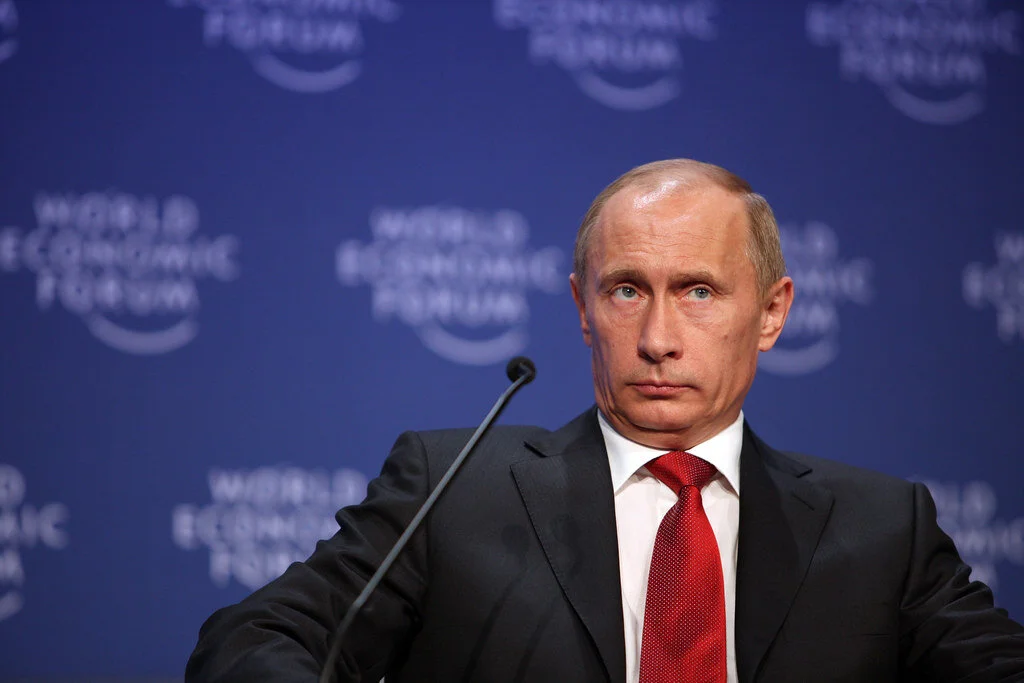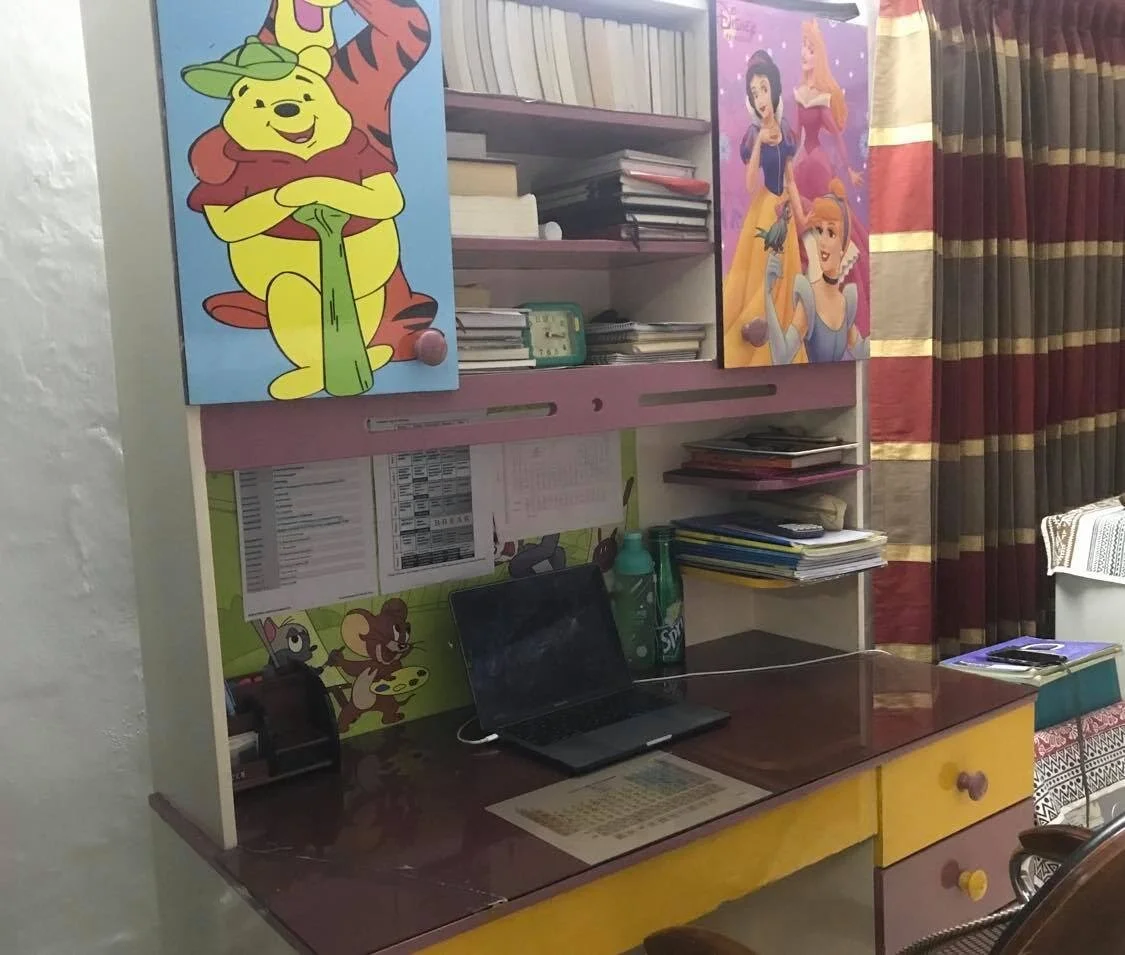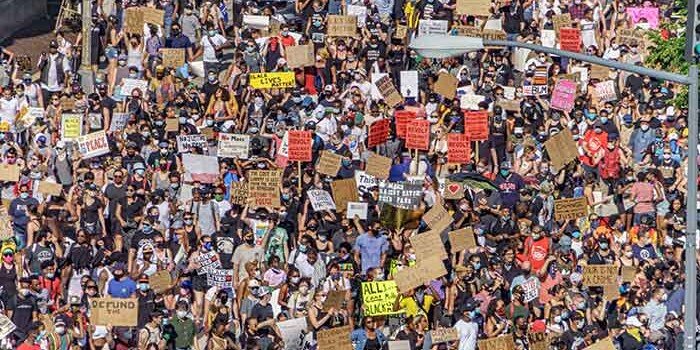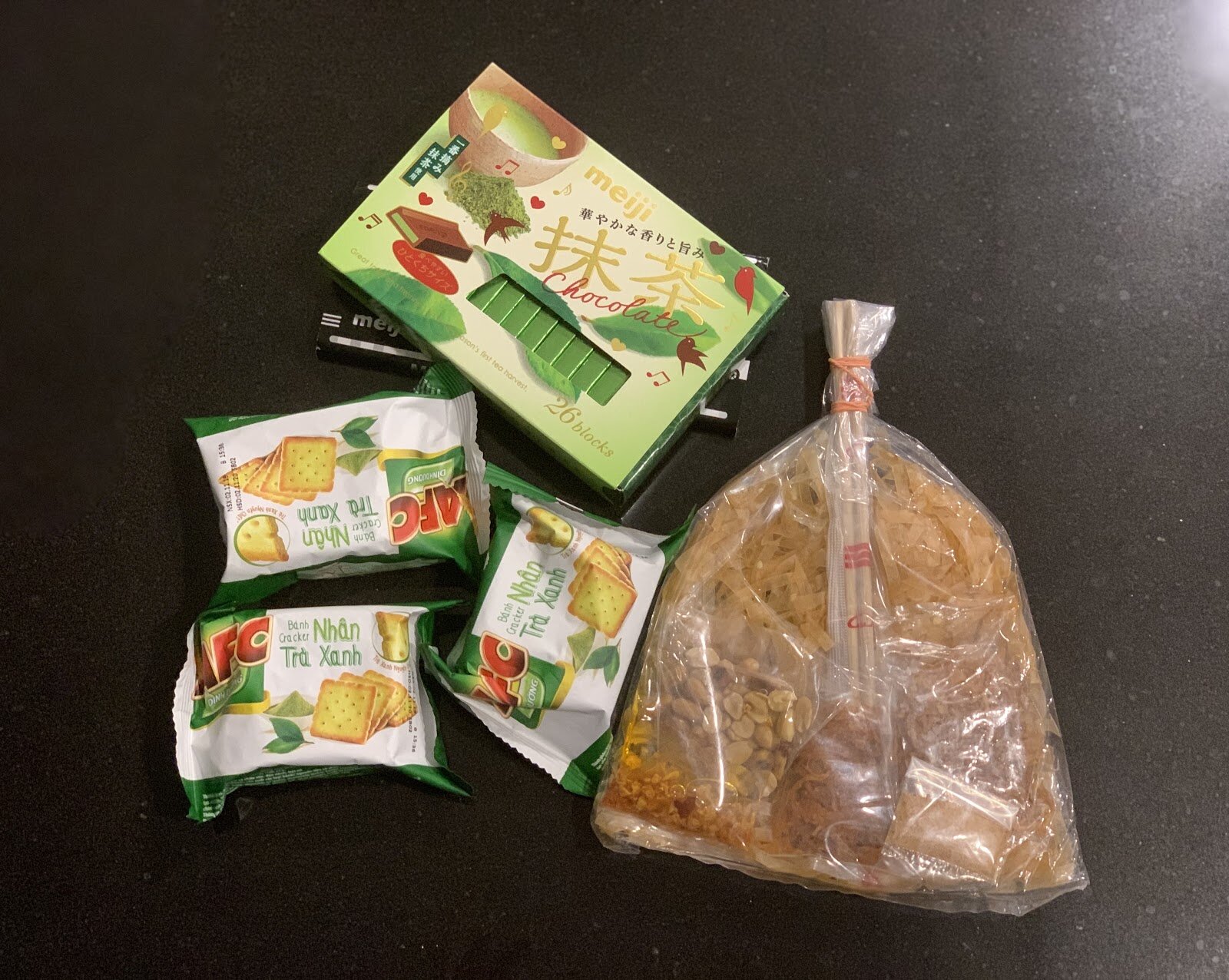China aims to limit abortions to reverse population decline
Russian parliamentary elections show growing dissatisfaction with United Russia party
Assault and murder of Indian woman shines a light on country’s structural inequalities
Content warning: The following piece discusses the sexual abuse and murder of women and of a minor. It also includes brief mentions of suicide.
“How much longer can we look away! Women’s rights are human rights,” Indian journalist Faye D’Souza declared on Instagram. “Enough is enough.” D’Souza’s post referred to a series of cases in the news surrounding sexual violence against Indian women.
US ends 20 year old war, leaving Afghani civilians in the lurch
By Madhavi Rao ’24
Staff Writer
After a 20-year insurgency against the U.S. government, the Taliban, an Islamic militant organization, has taken control of Afghanistan. The extremist takeover was hastened by the U.S.’s withdrawal of troops from Afghanistan in July and August 2021. The militant group's seizure of power has caused human rights concerns for citizens of Afghanistan.
On April 14, President Joe Biden announced that U.S. troops would withdraw from Afghanistan, ending an ongoing war that spanned two decades. Biden stated that “[The U.S.] no longer had a clear purpose in an open-ended mission in Afghanistan,” Al-Jazeera reported. This decision was fully implemented on the Aug. 31 deadline, when the last U.S. troops left the country. The withdrawal of the U.S. military led to the rapid conquest of the country by the Taliban, resulting in the extremist organization’s capture of the capital, Kabul, on Aug. 15.
During the reign of the Soviet Union, the USSR extended forces to Afghanistan as a way of supporting the communist government that existed there. In 1989, the Soviets were driven out by Islamic fighters. The subsequent power vacuum led to the creation of the Taliban, an Islamic extremist group consisting mostly of students, in 1994. When it first emerged, the group was described as consisting of “Islamic purists and Afghan patriots” by The New York Times. The movement was initially welcomed as a form of relief against the Afghan warlords that played a part in driving out the Soviet soldiers. However, in 1996, the Taliban declared Afghanistan an “Islamic Emirate,” ruling with a conservative view of the religion which was intolerant of other religions and oppressive of women’s freedoms. By 1998, the militant group had taken control of most of the country.
Following the 2001 attack by the terrorist group al-Qaeda on the Twin Towers in New York City, Osama bin Laden, the head of al-Qaeda, was harbored by the Taliban in Afghanistan. The U.S. military launched airstrikes alongside Afghan Northern Alliance ground forces and deposed the Taliban rulers when they refused to hand over bin Laden. According to BBC News, the U.S. vowed to “support democracy and eliminate the terrorist threat” in Afghanistan. The Taliban returned, and the situation escalated into the longest war that the U.S. has fought. With the withdrawal of the last U.S. troops on Aug. 31, the future of Afghanistan under Taliban rule is uncertain.
“For at least the past ten years, the Taliban controlled at least half of Afghan territory,” chair of International Relations on the Alumnae Foundation and Professor of Politics Sohail Hashmi said. “The people in rural Afghanistan — the majority of the population — have been under Taliban rule. The choice facing President Biden was to prolong this stalemate for yet another presidential administration, escalate American troop presence to respond to escalating Taliban attacks, or pull out,” Hashmi continued. “In my opinion, President Obama made a crucial mistake when he decided to continue the American presence in Afghanistan after Osama bin Laden was killed in 2011. Remember, the U.S. attacked Afghanistan in 2001 to eliminate the threat from al-Qaeda coming from that country. Ten years later, bin Laden was killed not in Afghanistan, but deep in Pakistan.”
“Over the 20-year arc of the war, it has been a story of U.S. overreach and, at times, a self-deluding refusal to face facts,” American journalist David Ignatius wrote in an opinion piece for The Washington Post.
“The problem with the evacuation, in part, was that military and civilian efforts were operating on different clocks,” Ignatius said. “The military raced out by July 1, embracing the generals’ credo, ‘speed is safety,’ and leaving behind only a token force of 650.” He continued, “The civilian withdrawal proceeded at a slower pace, moving more like ‘pond water’ than a rushing torrent, in the words of one four-star general. That was partly because Biden had promised President Ashraf Ghani to avoid a rush for the exits that might trigger a panic. It turned out that it was Ghani himself who panicked and fled for his life, handing Kabul to the Taliban.”
Omid, a 26-year-old Afghani medical student, told Al-Jazeera, “They gave us pens and taught us about freedom, and then just as quickly, they took it all away,” referencing the end of U.S. presence in the country. In an interview with the news outlet, he went on to explain that the main concern for many Afghani civilians at the moment is staying out of poverty, as well as finding a means of leaving the country.
Abhilash Medhi, assistant professor of history at Mount Holyoke College, commented on the conditions of people in the country: “In terms of inflation, food security, poverty, etc. the country might face similar problems as it did under Taliban rule in the 1990s. People are already lining up to sell household items for money. One statistic states that one third of the country now has food insecurity.”
One reason for the economic instability is the withdrawal of U.S. aid to the country. Foreign aid accounts for nearly half the legal economy of Afghanistan, according to a report by The New York Times, meaning that stopping this inflow of cash could lead to a serious financial crisis in the nation. The exit of U.S. troops also removed a major source of tax revenue from the country.
The Taliban’s conservative views are also a source of concern when considering the country’s future. In a report on the conditions of human rights in Afghanistan, Amnesty International stated, “Women and girls continued to face gender-based discrimination and violence throughout Afghanistan, especially in areas under Taliban control, where their rights were violated with impunity and violent ‘punishments’ were meted out for perceived transgressions of the armed group’s interpretation of Islamic law.”
Medhi further clarified, “A large portion of the country was already under Taliban rule. In the south and the east, in regions such as Helmand, Wardak and Paktia, there were entire districts which were already controlled by the Taliban.” Medhi continued, “The Taliban’s strict doctrine is not dissimilar to how some ethnic groups, such as the Pashtuns, were already living. However, for groups such as the Hazaras, the Uzbeks and the Tajiks, these developments can be very troubling. The Taliban takeover means very different things for people based on their ethnicity and gender.”
Massoud, a shopkeeper in the capital city of Kabul, told Al-Jazeera, “The former governments were full of corrupt thieves, but now, we have no freedoms.”
April marks beginning of the spiritual month of Ramadan
On April 12, people around the world began observing the Islamic tradition of Ramadan, which is celebrated on the ninth month of the Islamic calendar. It is a time for Muslims to reflect, fast, pray and build their relationships with God. The ninth month is believed to be when the Prophet Muhammad had a revelation about the Quran, the holy book of Islam. This revelation is commemorated through Ramadan.
Coronavirus pandemic leads North Korea to withdraw from Tokyo Olympics
Of the 206 countries planning to participate in the 2020 Tokyo Olympics, North Korea is the first to announce that it will not attend the event due to the ongoing coronavirus pandemic. According to The Associated Press, the country’s decision, which was released on a government-run website, was made to protect its athletes from COVID-19.
Senegal erupts in protests after the arrest of the opposition leader
In the past few weeks, protests have spread across Senegal, spurred by the arrest of the opposition party leader Ousmane Sonko. Sonko was arrested for rape, a charge many consider false and politically motivated given that the current head of the Senegalese government has a history of creating legal charges to suppress opponents. Despite this, In 2019, Senegal was categorized as one of the most democratic countries in Africa by the Economist Intelligence Unit.
Snowball is inaccessible to international remote learners
Over the past year, the meaning of a normal college experience has changed drastically. What was supposed to be a time of meeting new people and making memories has transformed completely. The online college experience is devoid of interaction with peers beyond an educational setting, which is negatively impacting many students.
Israeli Prime Minister Begins Trial
Benjamin Netanyahu, Israel’s longest-serving prime minister, is facing charges of fraud, bribery and breach of trust, to all of which he is pleading not guilty. The trial, which began in 2019, recommenced on Monday, Feb. 8, a month before the country’s next election. Netanyahu, who has been in power for over 14 years, is facing criticism for his handling of the COVID-19 pandemic, along with his right-wing ideology.
Myanmar Falls Back Under Military Rule After a Decade of Democracy
In an effort to fight alleged voter fraud in the country’s general elections, the Myanmar military has staged a coup, detaining their ruler Aung San Suu Kyi and other members of her party, the National League for Democracy. On Monday, Feb. 1, the military, officially known as the Tatmadaw, declared a yearlong state of emergency. The country’s power is now in the hands of army official Senior General Min Aung Hlaing.
Farmers Continue To Protest Indian Government’s Reforms
Pictured above: Farmers Protesting in India. Image courtesy of Ted Eytan.
By Madhavi Rao ’24
Staff Writer
In New Delhi, India’s 72nd Republic Day celebrations were underway, but in another part of the city, a group of farmers protested laws passed by the Indian government in September. This latest protest on Jan. 26 follows two months of peaceful demonstrations against three agricultural bills that have been widely received as harmful. The protest began when farmers on tractors broke away from the established Republic Day parade route and were met with harsh responses from the Delhi police.
Since the Dilli Chalo (“Let’s go to Delhi”) march in late November, Indian farmers have camped outside the border of the capital city in protest against what have come to be known as the farmer’s bills. These reforms will essentially strip away regulations on farmers’ produce, making them vulnerable to the low competing prices of the free market. The New York Times reported that these laws have been suspended until the government can conduct talks with the farmer unions that are calling for the abolition of these bills.
On Jan. 26, tens of thousands of the farmers who were camped outside of the Delhi border entered the city to take part in a planned Republic Day parade. According to the Indian publication The Hindu, the farmers were to drive down a predetermined parade route in tractors, as was agreed upon by the joint front of all protesting unions, the Samyukt Kisan Morcha. However, chaos ensued when some of the farmers deviated from these predetermined routes, though it is unclear whether or not this was intentional. Farmers on tractors who were not a part of the official parade broke down barricades at the city border and drove into Delhi as part of a demonstration, reported the BloombergQuint.
The protests reached a peak when some of the farmers managed to reach Red Fort in the older part of the capital. The police responded strongly against the farmers’ dissent as the farmers were met with lathi, or batons, charges, water cannons and tear gas. The day’s events also led to a ban of internet and mobile services across the city. These violent interactions with the police resulted in the death of one protester, Navreet Singh, reported CNN.
In response to Tuesday’s events, Assistant Professor of History Abhilash Medhi expressed his discomfort with the prevalent narrative. “The Delhi Police's reaction to the parade and subsequent reactions within the media appear to fit rather nicely with what Ranajit Guha called ‘the prose of counter-insurgency,’” he explained. “In [this prose], the violence of protesters is used, first, as a ruse for retributive violence and, second, to delegitimize the protesters’ legitimate demands in the public eye. To me, that is the more interesting aspect of what played out [on Tuesday].”
The blanket farmers union Samyukt Kisan Morcha denounced the protests, stating, “We also condemn and regret the undesirable and unacceptable events that have taken place today and dissociate ourselves from those indulging in such acts,” reported Al-Jazeera.
Prakruti Nikam ’22, an Indian student at Mount Holyoke, voiced her frustrations with the Indian media’s portrayal of the farmers’ protests. She said, “It’s very sad to see that the media in India have such polarized opinions since they have been forced to speak a certain way because of the government. They have repeatedly called the farmers’ protest[s] ‘violent’ and that is only to keep the Modi government happy.”
“The farmers just want to be heard and they are trying to make a living,” Nikam continued. “The Delhi police have a history of violence when it comes to curbing riots and protests,” Nikam concluded, referencing the similar treatment of protesters by the police during the demonstrations against the controversial Citizenship Amendment Act in 2019.
On Saturday, Prime Minister of India Narendra Modi said in a statement to a meeting of legislative assembly leaders that the government’s proposal to suspend the farmer’s laws still stood. He said that the problem would only be resolved through dialogue with the government. As reported by The Hindu, Modi, reiterating a statement made by Agriculture Minister Narendra Singh Tomar, said, “We’ve not reached a consensus but we are giving you [farmers] the offer and you may go and deliberate.”
In response to Modi, Samyukt Kisan Morcha indicated that they are interested in holding talks with the government, but will stand by their demand that the bills be withdrawn, according to The Times of India.
“I do expect a change in the way this government negotiates with farmers going forward. I would be surprised to see any overtures before the budget,” Medhi explained, speaking of the central government’s potential decision to provide the country’s farmers with financial grants. “The government might see the budget as a convenient time to make some concessions. Quite how concrete any of those concessions are remains to be seen. Knowing this government and its history with budgets, the overwhelming desire would probably be to hide behind promises and big numbers.”
Thai Monarchy Makes Anti-Defamation Arrests
Anchan Preelert, a 63-year-old Thai woman, was sentenced to 43 years in prison for alleged defamation against the monarchy of Thailand on Jan. 19, 2020. The former government official was first arrested in 2015 under the lese-majeste law for posting defamatory content on social media sites, according to The Guardian. The use of this anti-defamation law and the timing of the sentencing draws attention to the government’s reaction against the protests that have been sweeping the country.
Cuban Government Refuses To Conduct Talks With Dissenting Artists
Photo courtesy of Wikimedia.
By Madhavi Rao ’24
Staff Writer
Cuba experienced a rare expression of dissent from the public in the 21st century on Friday, Nov. 27. About 300 artists and activists gathered outside the Cuban Ministry of Culture to protest the imprisonment of Denis Solís Gonzáles, a member of the dissenting San Isidro Movement. A few of the collected protesters who were challenging the violation of artists’ freedom of expression in the country were invited to have a dialogue with government officials. However, later in the week, the Cuban government made it clear that communication would not continue.
Gonzáles was imprisoned for his comments against a police officer who broke into his home, describing him as a “chicken in uniform,” triggering protests, according to The Washington Post. On Nov. 9, Gonzáles was detained and sentenced to eight months in a maximum security prison for the crime of “contempt,” as reported by Amnesty International. Erika Guevara-Rosas, the Americas director of Amnesty, said, “No one should be imprisoned for ‘contempt’ against a public official, a provision of the criminal code that Amnesty International and other human rights organizations have consistently called on the Cuban authorities to repeal.”
Gonzáles’ imprisonment was met with outrage from the rest of the SIM, a collection of artists, academics, journalists and musicians who actively resist the Cuban government. Founded in 2018 by Luis Manuel Otero Alcántara, the movement was created to fight the oppressive communist government in Cuba. Following Gonzáles’ arrest, the SIM assembled together to protest, ultimately resulting in a hunger strike against the violation of their civil liberties. According to Al-Jazeera, on Thursday, Nov. 26, the SIM headquarters were raided by police, who cited COVID-19 restrictions.
“The recent protests are remarkable, considering the authoritarian government’s tight controls on dissent,” Maahi Jaiswaal ’24, an economics and politics double major who has lived in Cuba, said. “With the little that I remember about living in Cuba, I can affirm that art and dance was a major aspect of Cuba’s rich culture. It is apt that the artists behind the art are due freedom of expression in their profession, and with the way that the world is progressing, the Cuban authorities should look into their demands before the talent has to be forcibly removed,” Jaiswaal added.
The protest was attended and supported by many famous artists and performers in Cuba.
Along with the release of Gonzáles and other jailed protesters, the crowd demanded the government respect their freedom of expression. This is in light of laws such as Decree 349, which prohibited artists from performing in public or private spaces without the approval of the Ministry of Culture, per a statement released by Amnesty International. The censorship decree essentially decides who qualifies as an artist and who doesn’t.
Initially, the government had agreed to listen to the protesters’ demands on Nov. 27, with officials agreeing to review Gonzáles’ case and hold future talks to understand the artists’ frustrations. However, at a rally on Nov. 29, Cuban President Miguel Díaz-Canel described the protests as an “imperialist reality show,” saying that the protests were led by the United States. The culture ministry similarly defaulted on its promise, saying it would “not meet with people who have direct contact and receive financing, logistical support and propagandistic backing from the U.S. government,” according to Reuters.
Lisett Bonilla ’22, an international relations and economics double major, said of the issue, “I believe this is a crucial time for Cuban society. Freedom of expression is essential to everyone and a human right.” She went on to describe how the situation could be improved, saying, “I urge U.S. institutions to support these artists who are opposing the grip of an authoritarian system. Cuba is also going through an economic crisis and ignoring these issues can have horrible repercussions for Cuban society overall as well as its relations with the U.S.”
Lockdown Treats From Across the Globe
By Madhavi Rao ‘24
Staff Writer
During the pandemic and resulting online classes, many students are taking refuge in food and quick snacks. For Vietnamese students at Mount Holyoke, these treats can take a variety of forms.
A popular snack is Vietnamese fresh spring rolls (gỏi cuốn). According to Celia Tran ’23, a member of the Mount Holyoke Vietnamese Student Association, “Gỏi cuốn consists of thin vermicelli noodles, pork slices, shrimp, basil and lettuce all tightly wrapped in rice paper (bánh tráng). Gỏi cuốn is a healthy and affordable dish [of] all balanced proteins and vitamins dipped in a hoisin-based sauce. A cool go-to for anyone out there who craves a fulfilling yet tasty snack.”
Tran’s favorite snack - gỏi cuốn.
Another popular Vietnamese snack food is Hảo Hảo, a brand of instant noodles. Anh Tran Nguyen Chau (Amy) ’23 described how she likes to pair the noodles with eggs and Welsh onion.
“This dish reminds me of when I was 5 or 6; my grandma used to make [them] for us after we got home from kindergarten,” she said. “It is also a food that I craved the most when studying in MoHo. I’m really glad to be back home now and enjoy all the food I want.”
A third Vietnamese snack favored by Mount Holyoke students is rice paper. As described by Dan Khanh Vo (Aurora) ’23, “From where I live, rice paper is [a] go-to street food,” Vo said. “You can see it everywhere on the street, and it is delectable (at least for me)! To get a full combo, we mix in some other ingredients such as dried shrimp, peanut[s], chili powder and many other add-ons.”
On the sweeter end of Vietnamese snacks lies AFC Biscuits, a brand of vegetable crackers. “In Vietnam, especially the southern part, as kids and teenagers, we eat this nonstop,” Vo said. “They also come in many flavors, and my favorite one is matcha.” She added that another snack food favorite is chocolate, saying, “Everyone loves chocolate — anyone and anywhere!”
Dan Khanh Vo shares her favorite snacks: AFC Biscuits and chocolate.
Nigeria Demands an End to Police Brutality
Nigeria has been in a state of massive civil unrest for the past few weeks as large numbers of the public gather to protest the notoriously corrupt Special Anti-Robbery Squad. The protests started after a video was released of unprovoked SARS officers killing a man in Ughelli on Oct. 3, as reported by The New York Times. The protests have gained international support, with #EndSARS trending on Twitter. The government has responded to the dissent with harsh crackdowns and violence toward protesters.
Amnesty International Ceases Work in India Citing Years of Harassment
Courtesy of Flicker - Photograph by Bodo Tasche
By Madhavi Rao ’24
Staff Writer
On Sept. 29, 2020, Amnesty International announced that it would be ending its operations in India. The human rights organization withdrew from the country after the government froze its bank accounts on Sept. 10, 2020, effectively ending its work there. This came after what Amnesty International has cited as years of harassment by the Indian government. In response, the government turned to the Foreign Contribution (Regulation) Act as justification for its actions, claiming that the organization’s foreign funding violated the law.
Executive Director of Amnesty International India Avinash Kumar stated, “The continuing crackdown on Amnesty International India over the last two years and the complete freezing of bank accounts is not accidental.” He claimed that the Indian government has been raiding Amnesty International’s offices for years and harassing the organization in an attempt to silence it, especially in reference to its work in reporting human rights abuses in the Delhi riots and the region formerly known as Jammu and Kashmir.
The Delhi riots, which started in December 2019, began after the passing of the controversial Citizenship (Amendment) Act. Protests against the CAA were met with violence, and the situation escalated into riots, where a majority of the brutality was targeted at Muslim communities.
Indian-administered Kashmir is the world’s most militarized zone, with 200,000 troops guarding 12 million civilians, as reported by Bloomberg. Kashmir is also the site of an excess of human rights violations, especially concerning dissent over the Indian administration. The tensions over the highly disputed territory were exacerbated by the change in Kashmir’s status from that of an autonomous region to a union territory on Aug. 5, 2019. This, coupled with telephone networks and internet access being cut off, increased concerns of human rights violations in the valley.
Assistant Professor of History Abhilash Medhi said, “As much as organizations like Amnesty International and Human Right[s] Watch are important in drawing attention to what’s happening in Kashmir, there are fairly robust domestic circuits of information as well. In the valley and outside, more and more, Kashmiris have been creative in using the media to get their message out. This is something we can draw hope from.”
According to The Hindu, statements condemning the Indian government’s actions have been released by the U.S. Department of State, the U.S. Commission on International Religious Freedom, the U.K. Foreign Office, and the European Parliament. The Indian government responded to these allegations justifying their actions as an attempt to stop Amnesty International’s illegal funding from foreign investors.
In a statement issued by the Ministry of Home Affairs, the Indian government blamed the organization’s continued violation of the FCRA. According to the MHA, “Amnesty’s failure to comply with local regulations does not entitle them to make comments on the democratic and plural character of India.”
The FCRA, created in 1976, aims to protect India’s democratic process from foreign influence by prohibiting external powers from funding operations in the country. It is now being used to target NGOs, such as Amnesty International, which was said to have received funding from foreign investors. However, in a statement responding to these allegations and the freezing of the organization’s accounts, Amnesty International reiterated that all their funding was raised domestically.
“The FCRA was put into place to limit foreign actors from meddling in domestic political affairs. But now it is used as a silencer of dissent,” Medhi said. “This in itself is telling of a larger project. Exceptions to laws, such as that of the FCRA, have been created in an effort to delegitimize these organizations and their work with human rights.”
Amnesty International is one in a line of many organizations whose operations have been terminated. More than 20 NGOs, including Greenpeace, Compass International and the Ford Foundation, are under fire from the government regarding the FCRA, according to The Hindu. Kumar said in a statement released by Amnesty International, “For a movement that has done nothing but raise its voices against injustice, this latest attack is akin to freezing dissent.”
Medhi said, “Their withdrawal from India is a worrying development. But it’s also part of a larger scheme. This process is occurring in slices, starting with NGOs and activists. What’s worrying is that if the current dispensation stays in power, this could happen to a huge chunk of the population.”














